 |
| Many eco-friendly bags are available in the market. |
The United Nations has stated that if humanity continues to use plastic bags and plastic bottles, by 2050, the world's oceans will have more plastic waste (RTN) than fish. Faced with this risk, in recent years, the Government has issued many relevant documents for implementation; including the National Strategy on Integrated Solid Waste Management to 2025, with a vision to 2050; Decision 1746 dated December 4, 2019 on the National Action Plan on Ocean RTN Management; Directive 33 dated August 20, 2020 on strengthening the management of reuse, recycling, treatment and reduction of RTN.
Recently, the Prime Minister issued Decision 1316 dated July 22, 2021 approving the Project "Strengthening plastic waste management in Vietnam". With this decision, Thua Thien Hue issued a Plan to strengthen plastic waste management in the area. Accordingly, it is to promote the implementation to strive to use 100% environmentally friendly packaging in shopping centers and supermarkets for daily use by 2025 to replace hard-to-decompose plastic bags; ensure the collection, reuse, recycling, and treatment of 85% of generated plastic waste; reduce 50% of plastic waste discharged into the marine and ocean environment; strive for 100% of tourist areas and tourist accommodation establishments not to use plastic bags or single-use plastic products.
There have been many concerns that it will be difficult to achieve the above goal because it depends on many factors. However, once the entire political system is united and works together persistently and synchronously, the set goals will bring results. For example, in Phu Vang, a locality located along the lagoon and the sea, plastic waste and plastic bags are the most difficult and urgent types of waste to treat in this locality. However, local organizations have stepped in and developed a project to collect and treat waste in the locality, especially in Chuon lagoon (Phu An), coastal roads, and lagoons of Phu Thuan, Phu Hai, Vinh Thanh communes, etc. Up to now, the situation has improved significantly.
It is commendable that Thua Thien Hue is implementing the project “Hue - Plastic-free City in Central Vietnam” with funding from WWF-Norway (through WWF-Vietnam) to support Hue City in protecting rivers, wetland and coastal ecosystems from plastic pollution, through a series of interventions with the participation of stakeholders, including the public-private sector, social organizations, and local communities. The expected result is that by 2024, Hue will become a plastic-free city with 70% of solid waste classified at source, collected, treated, and recycled waste from landfills recovered, and the hope is to turn Hue into a plastic-free destination by 2030.
The national strategic orientation on integrated solid waste management to 2025, with a vision to 2050, emphasizes the priority of preventing, minimizing generation and sorting waste at source, increasing reuse and recycling to reduce the amount of waste that must be buried. To make this activity effective, in addition to changing people's habits and awareness, there needs to be mechanisms and policies to support the formation of a systematic and methodical chain of collection and recycling activities with socialization and investment in technology suitable to local conditions to handle all types of waste.
Source






![[Photo] Party Congress of the Central Internal Affairs Commission for the 2025-2030 term](https://vphoto.vietnam.vn/thumb/1200x675/vietnam/resource/IMAGE/2025/6/23/5bf03821e6dd461d9ba2fd0c9a08037b)
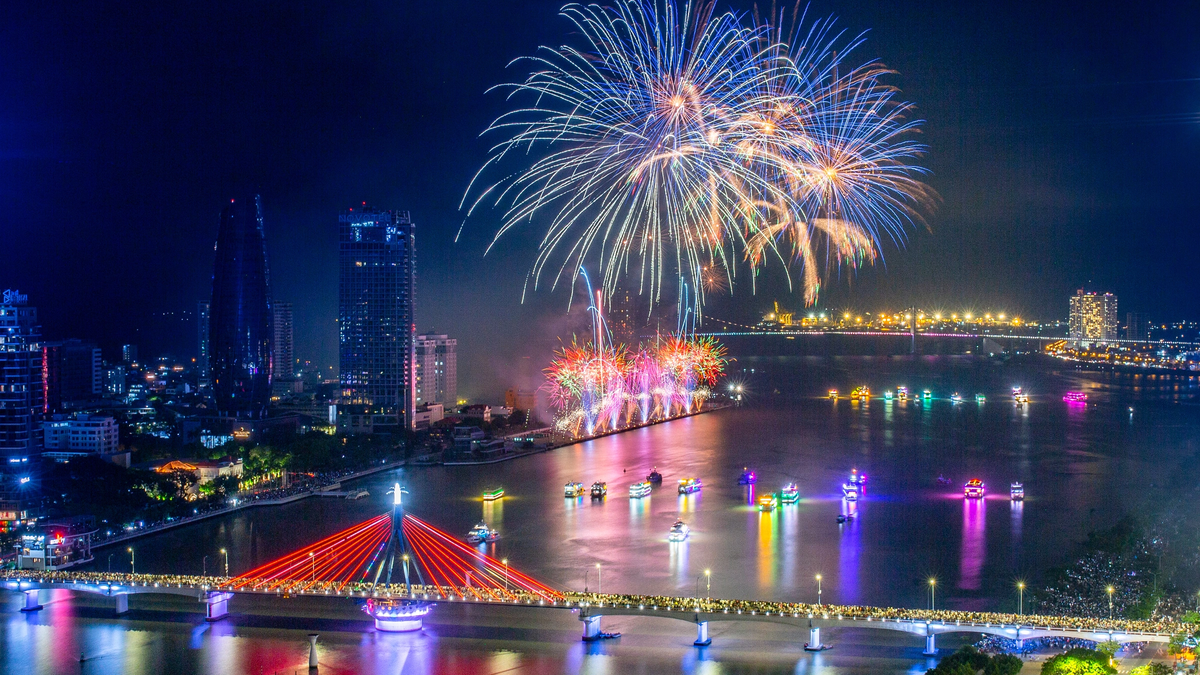
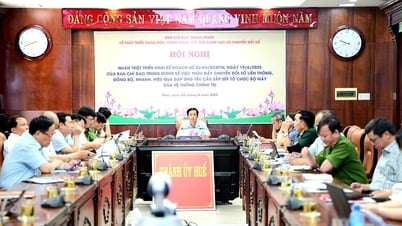

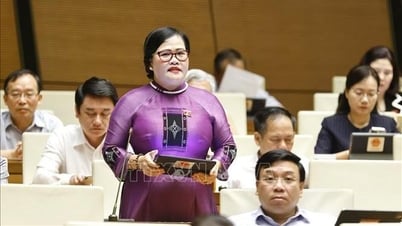
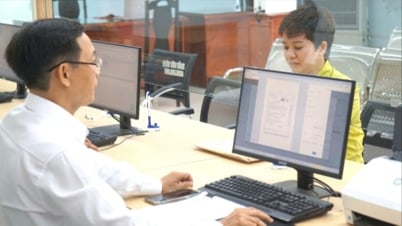
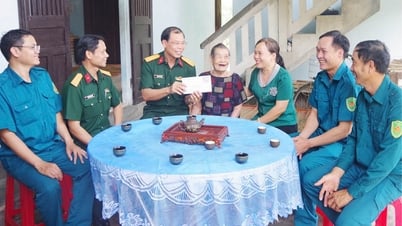

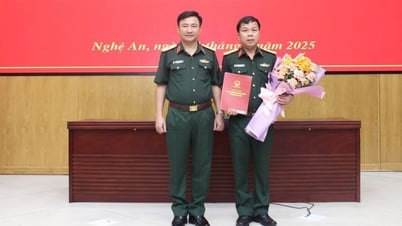




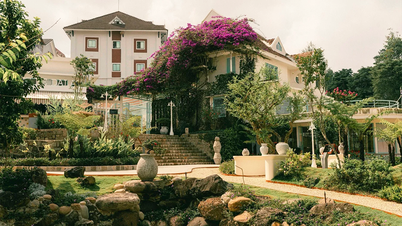

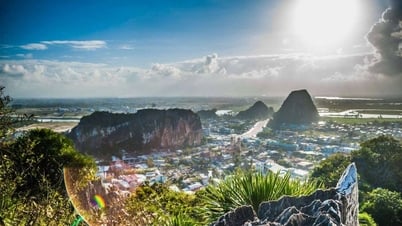
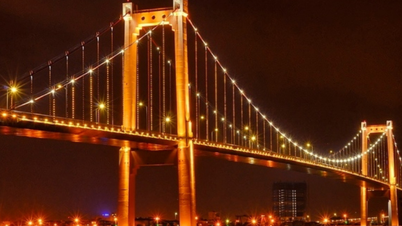
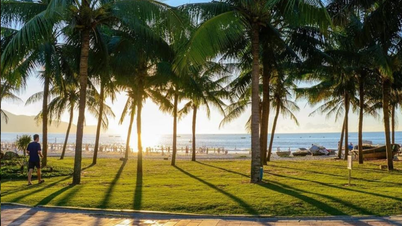
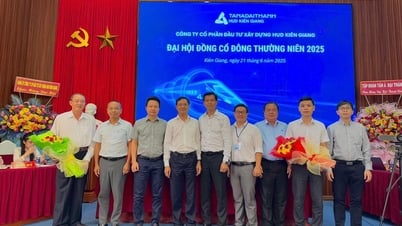
![[Photo] Prime Minister Pham Minh Chinh chairs national online conference on new rural construction and poverty reduction](https://vphoto.vietnam.vn/thumb/1200x675/vietnam/resource/IMAGE/2025/6/23/0d239726be21479db1ea6d8d77691a6d)
![[Photo] Conference to disseminate the implementation of the Plan to promote digital transformation to meet the requirements of restructuring the political system's apparatus](https://vphoto.vietnam.vn/thumb/1200x675/vietnam/resource/IMAGE/2025/6/23/4744403cccd144b79086799e2ceb686e)


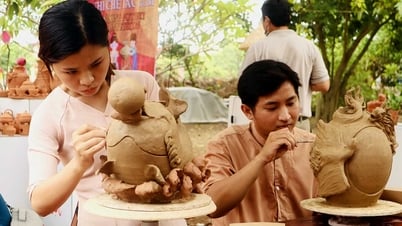



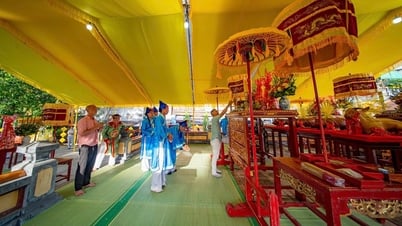

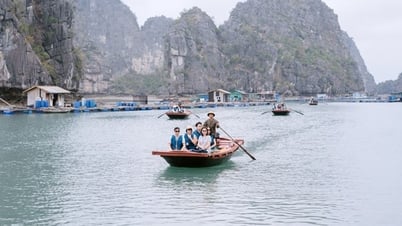


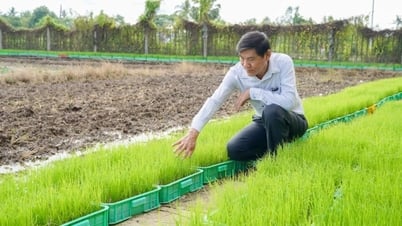


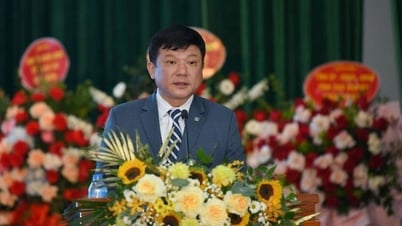


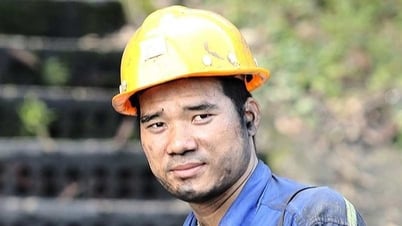

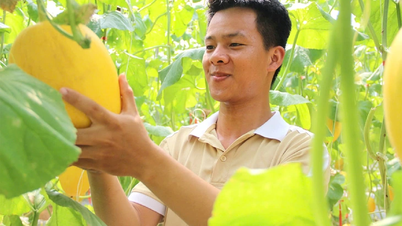

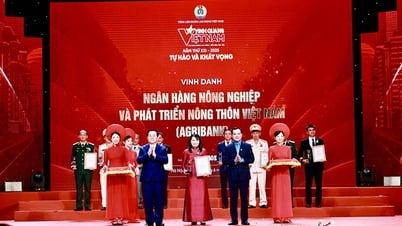

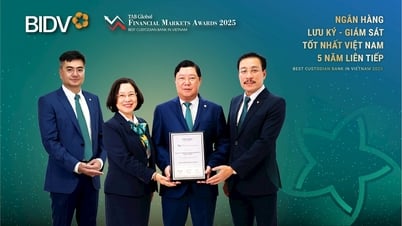

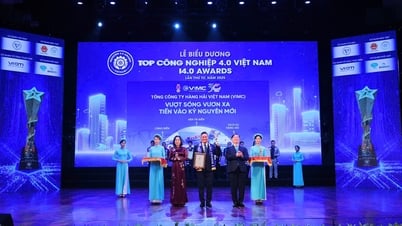
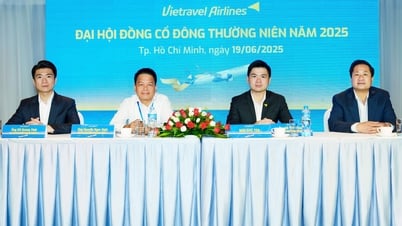
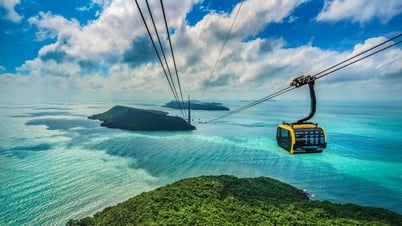
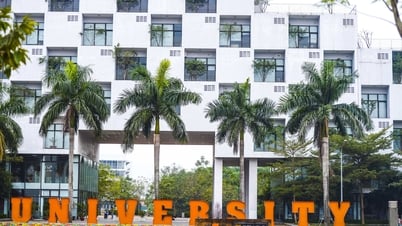

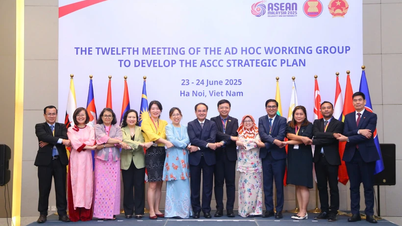
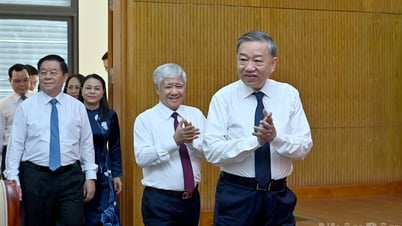

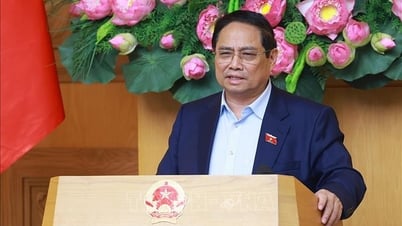
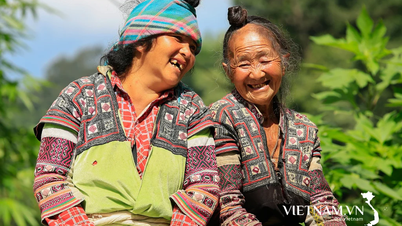
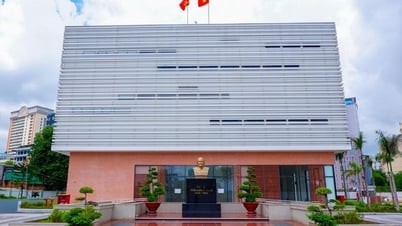

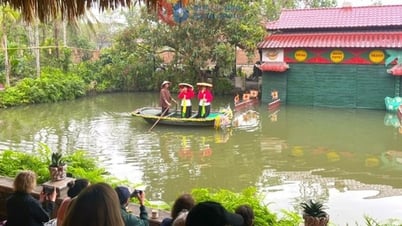
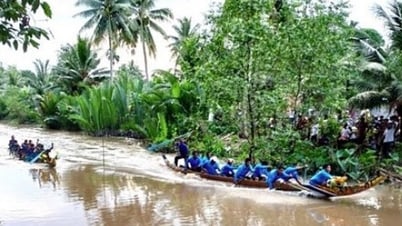
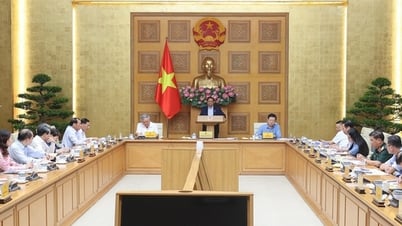
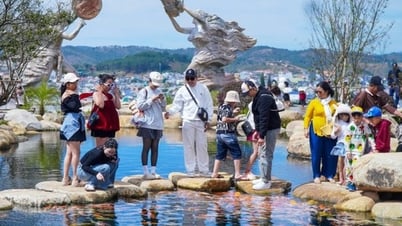
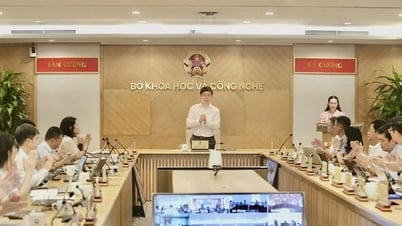

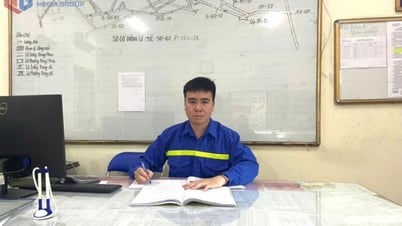
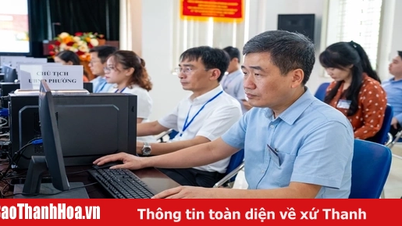



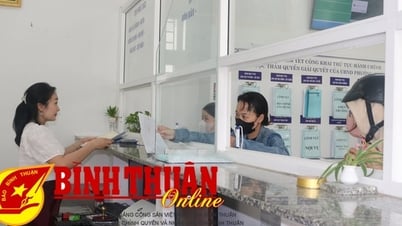

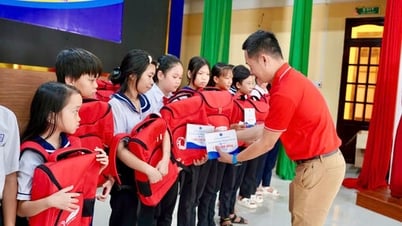

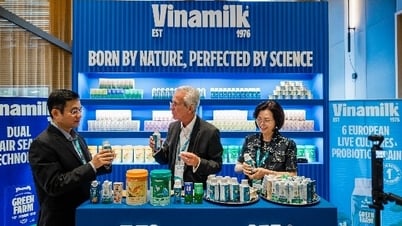




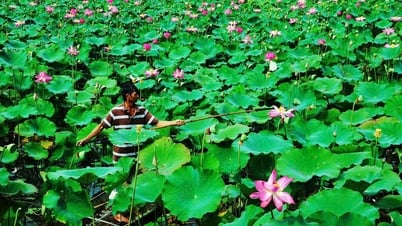

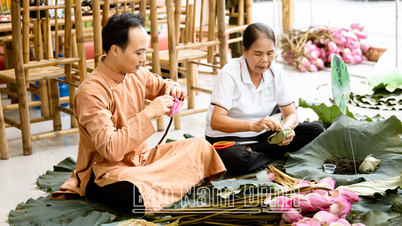

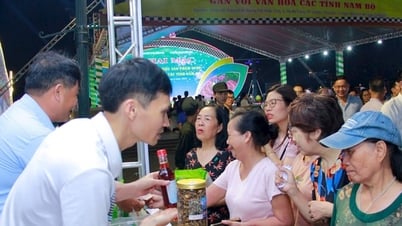

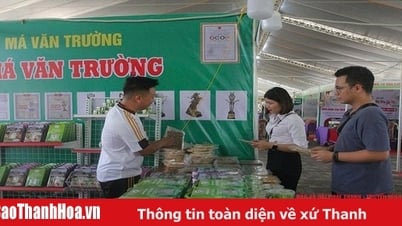

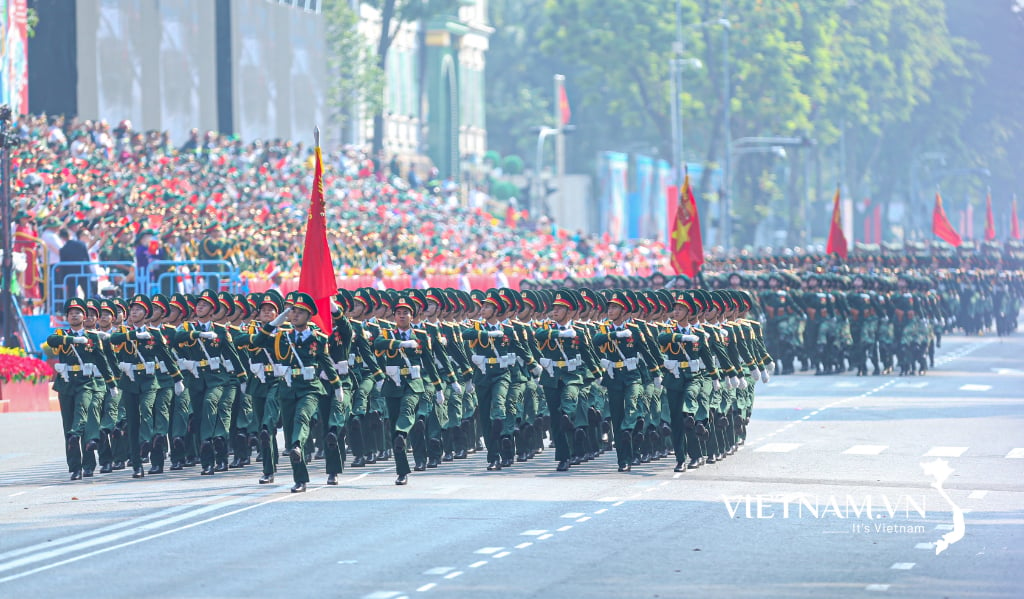

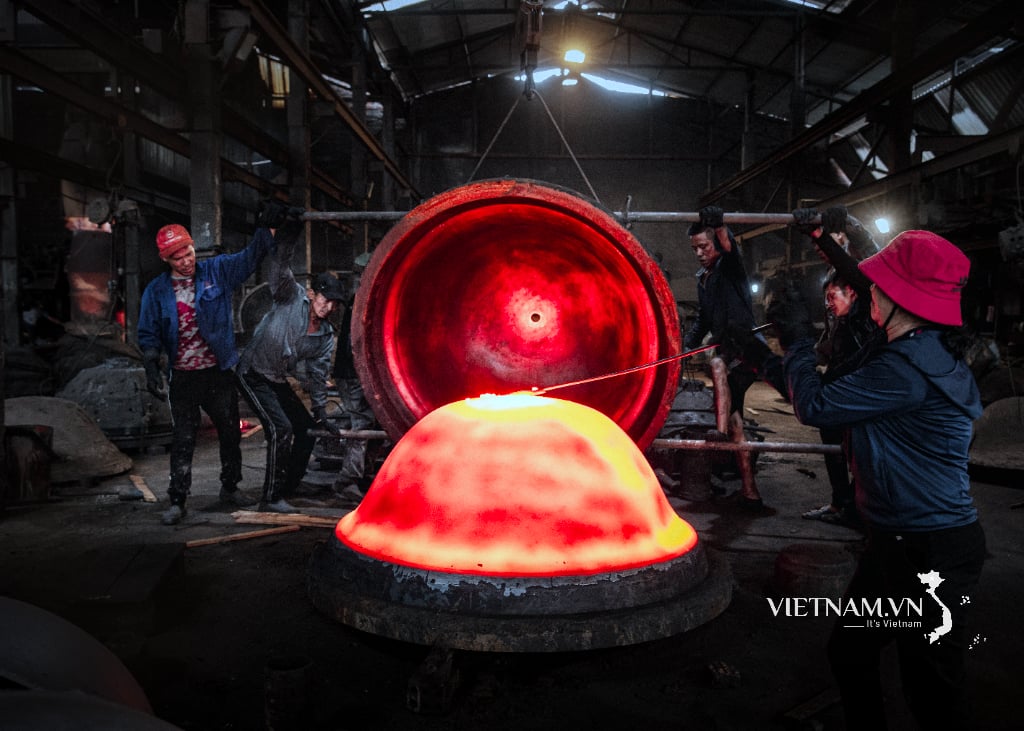

Comment (0)